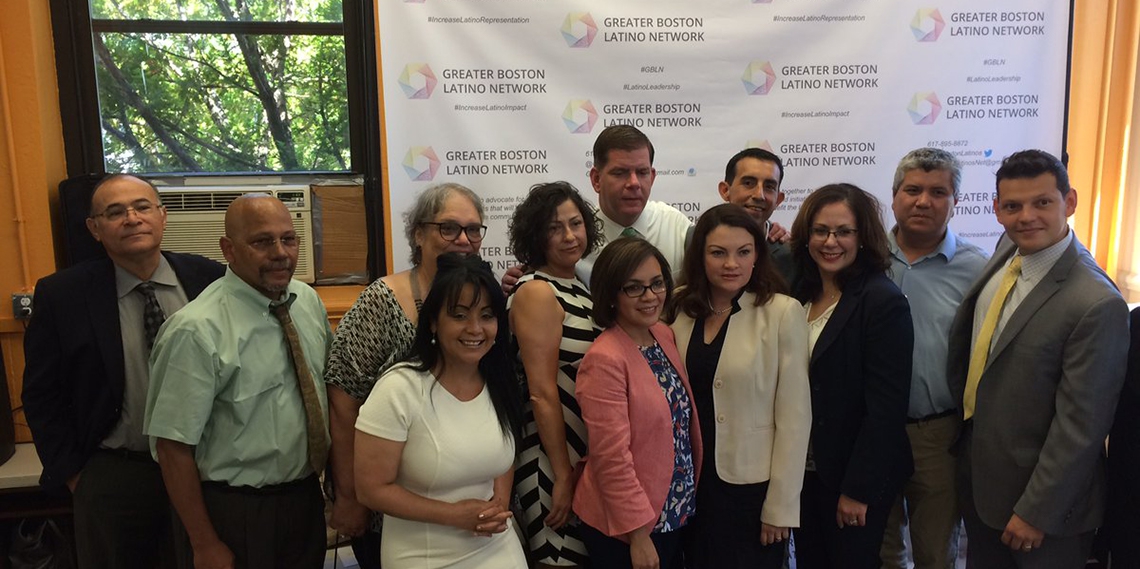
“The Silent Crisis II”: The Importance of Equal Representation in Leadership
Over the past few decades, Boston’s residential demographics have transformed drastically. According to Mayor Martin Walsh’s Imagine Boston 2030 report, more than half of today’s Boston residents are people of color – up from one-third in 1980. As Boston continues to grow richer in cultural, ethnic and racial diversity, we believe that equal, active representation in civic leadership is paramount to the implementation of policies that address the unique socioeconomic challenges faced by underserved populations. On June 15, the Greater Boston Latino Network (GBLN) published “The Silent Crisis II,” a follow up evaluation of Latino appointment to decision-making positions in Boston and Chelsea’s city governments from 2014. Although gains have been made to diversify political representation, Tufts University professor and report researcher James Jennings concluded that “there’s a continuing gap between the growing Latino community and appointment to leadership positions in both cities.” According to GBLN’s report, Boston’s Latino population has grown to 18.8 percent, yet there is progress to be made regarding Latino representation in city leadership positions. Since 2014, the appointment of Latinos to city executive positions has risen from 7.5 to 10.5 percent, with Latinos holding six of the 57 positions available. Conversely, Latino leadership on municipal boards and commissions has fallen from 7.1 percent to 5.1 percent, with Latinos occupying just 24 of the 467 seats available. While we applaud efforts undertaken by Mayor Martin Walsh’s administration to diversify Boston’s city government, we believe that there must be further collaboration between the city and the Latino community to create prospects for leadership. Featured in The Boston Globe, a letter to the editor authored by IBA CEO and GBLN steering committee co-chair Vanessa Calderón-Rosado recommends three steps that can improve Latinos’ network of opportunities, which include the transparent communication of upcoming job, executive and commission openings; the establishment of focus groups founded to provide policy recommendations on the alleviation of Latino marginalization; and the continual work of Latino activists to hold local leaders and prospective candidates accountable to prioritizing equal representation. With these steps in mind and as the largest Latina-led nonprofit in Greater Boston, IBA will continue to encourage the academic, professional and political aspirations of the Latino community by advocating for high-quality affordable housing, inclusive educational and professional opportunities, and strong political candidates that promote the wellbeing of all residents. As part of our mission and dedication to the prosperity of our community, we look forward to working diligently with policymakers to ensure that all perspectives are present at the table where it matters most. Equal access to critical resources is vital to the establishment of thriving, diverse and sustainable communities. If you are interested in learning how you can support IBA’s programs, please visit our page: /donate/...
